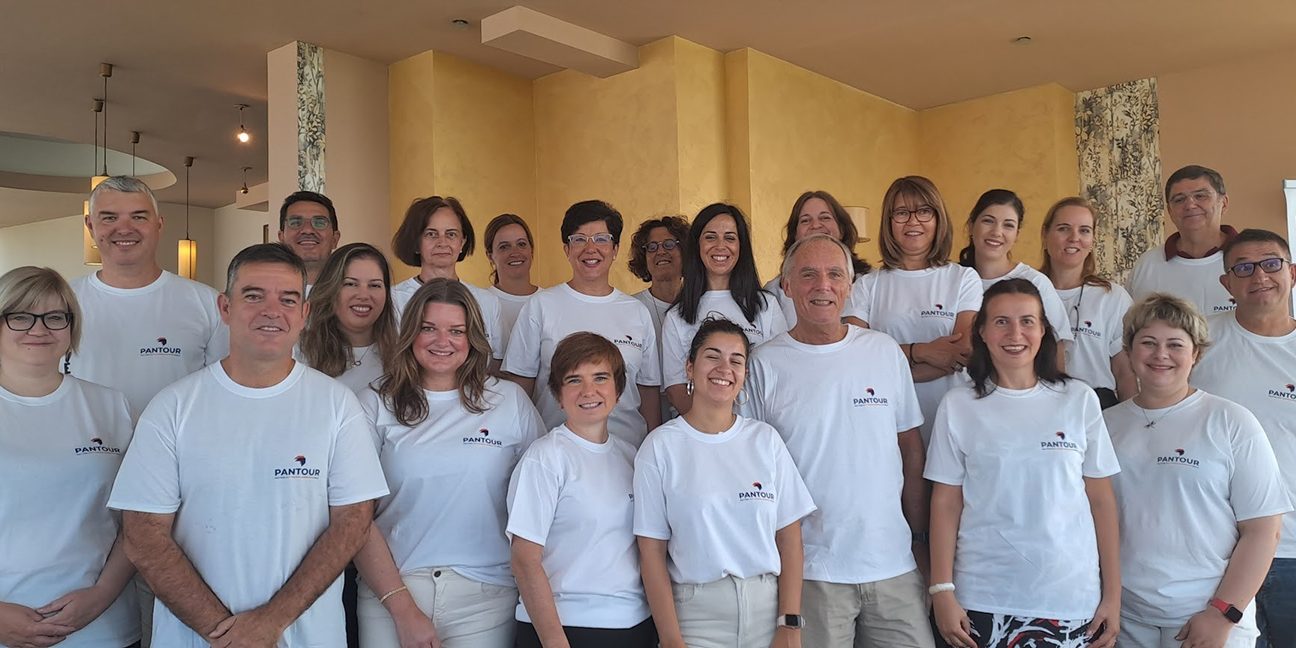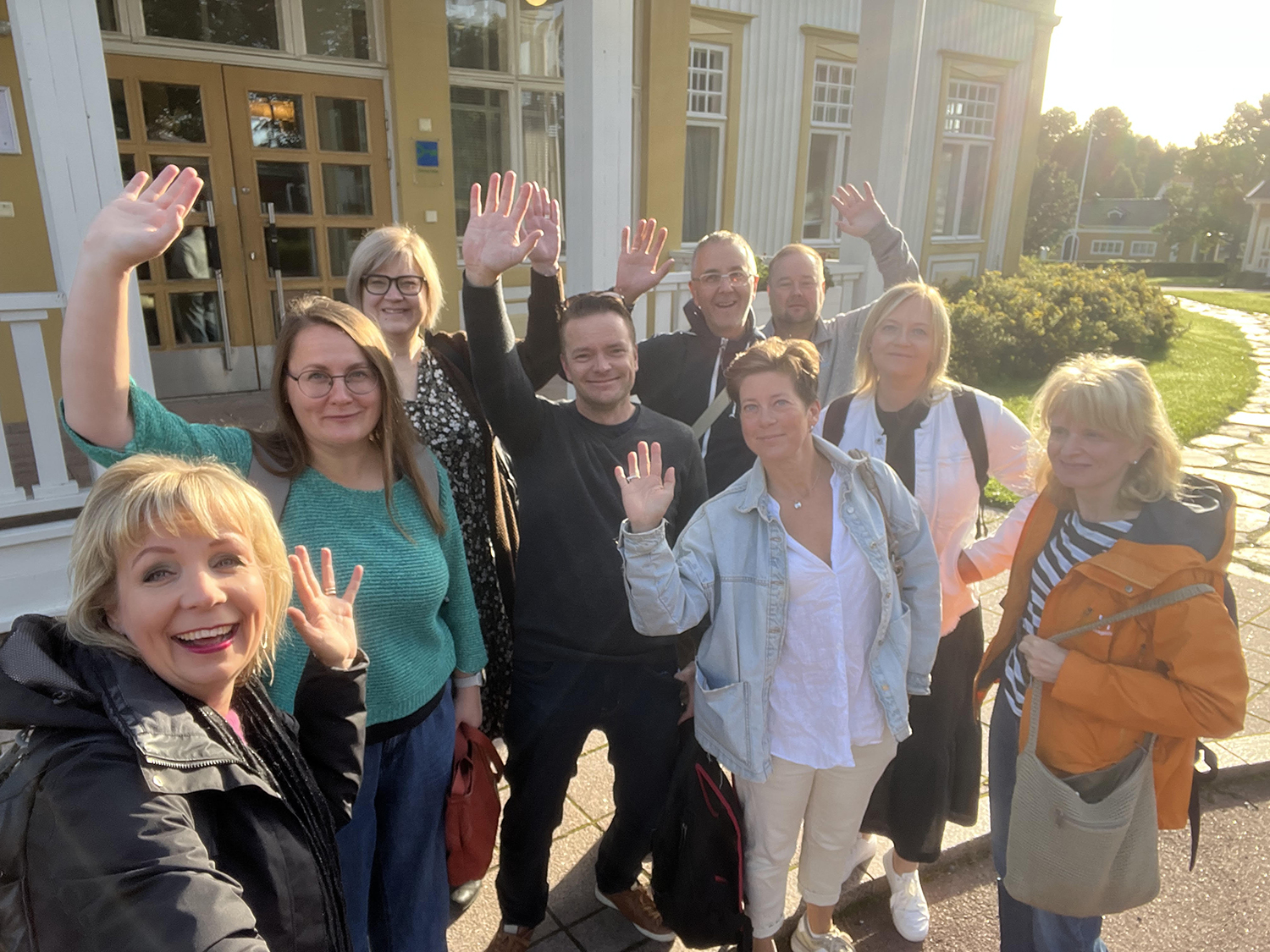International research and development activities produce solutions to the tourism industry’s sustainability challenges
In the years 2023–2026, the Center for Tourism Business Development is concentrating on solving sustainability challenges in the European tourism industry. In total, 21 partners from 12 European countries are involved in the joint projects. The total volume of the projects is 5.3 million euros, of which SAMK's share is approximately 709,000 euros.

The discussion about the transition towards a sustainable, resource-efficient and carbon neutral economy is gaining momentum. As part of this discussion, the tourism industry is required to take measures to mitigate climate change by minimising its environmental impacts. For this reason, the tourism industry invests significantly in strengthening the sustainability of its operations.
Since the issue has been identified as a common European challenge, the international research and development activities of the Center for Tourism Business Development focus on solving these issues. The development center is involved in three projects between 2023 and 2026 with European tourism umbrella organisations, national tourism organisations, universities, and research institutes as well as national and regional authorities.
Mainly, the projects in question identify new green occupational profiles, respond to skills gaps in green skills, design teaching modules and open learning material for green skills development, and various tools to speed up the green transition of tourism companies.

The topics are significant, because the work in the tourism industry is increasingly green, that is, it includes management level and operational activities to protect the environment and mitigate climate change. New occupational profiles and job contents are emerging in the industry, which aim to reduce the environmental impact of the industry and the companies operating in it. At the same time, existing jobs become greener. These occupational profiles and job contents require green skills, which are key factors in ensuring the sustainability of the industry.
Did you know?
- Erasmus+ PANTOUR is a consortium that seeks to boost innovation through cooperation to develop activities, strengthen partnerships and produce resources to implement the Blueprint for Sectoral Skills Development in Tourism in Europe. SAMK works as a partner of the consortium, coordinating one of its work packages. The partners involved are: CEHAT (ES), Federturismo Confindustria (IT), Turismo de Portugal (PT), European Tourism Association, European Federation of Rural Tourism, Hungarian Hospitality Employers’ Association (HU), Technological University Dublin (IE), Breda UAS (NL), University of Aegean (GR), Zangador Research Institute (BG), Landurlaub Mecklenburg-Vorpommern (DE), and Gestlabor (ES).
- Erasmus+ GreenTEA project’s main objective is to increase knowledge of the future professionals of the tourism sector in the topic of green tourism. The project contributes to the fight against climate change by creating learning materials and an e-learning platform that will provide the knowledge for a more sustainable tourism. SAMK works as a partner in the project, coordinating one of its work packages. The partners involved are: Eszterházy Károly Catholic University (HU), Polytechnic Institute of Bragança (PT), University of Rijeka (HR), Institute of Agriculture and Tourism (HR), and Naturthoughts (PT).
- The Interreg Central Baltic Ce4Re project is about promoting the transition towards CE in the Central Baltic restaurant sector. SAMK coordinates the project and the partners involved are: Organic Food Centre (SE), Pyhäjärvi Institute (FI), and Vidzeme Planning Region (LV).
